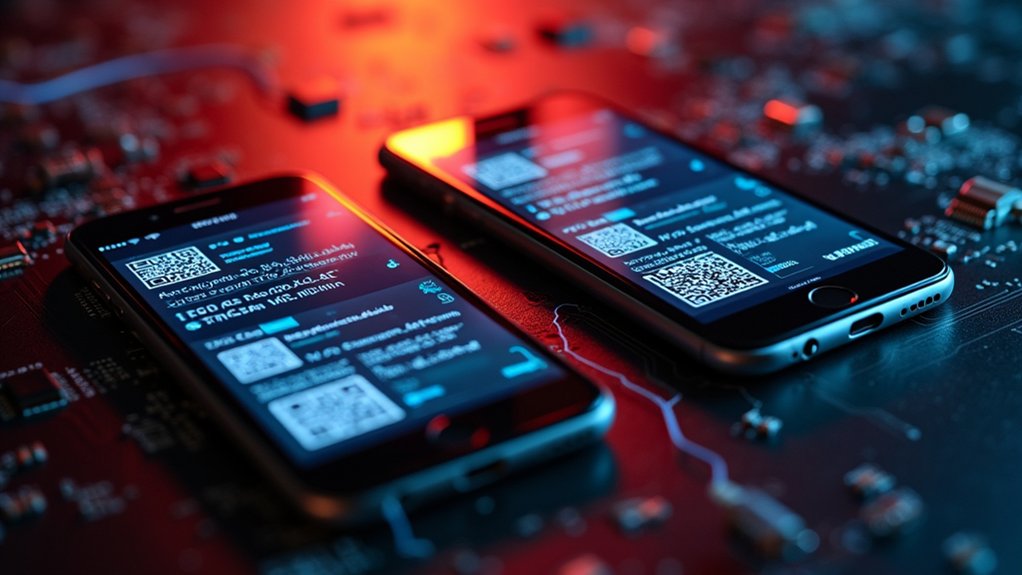As security researchers raised alarms about a critical iPhone vulnerability that could render devices unusable with a single line of code, Apple has dismissed claims linking the flaw to coordinated hacking campaigns. The company highlighted that the issue, tracked as CVE-2025-24091, represented a software bug rather than evidence of cyber intrusions, whereas confirming the vulnerability was swiftly addressed in iOS 18.3.
The flaw exploited the legacy Darwin notification system, a low-level API for inter-process communication, allowing unprivileged apps to trigger critical system behaviors by sending specific notifications to core processes including SpringBoard. Security experts warned the vulnerability could disrupt millions of devices if exploited at scale, as it required only basic app permissions to activate sensitive system states, including “Restore in Progress” mode. Experts recommend using Smart Firewall protection to monitor and prevent suspicious network activity that could trigger such vulnerabilities.
Apple’s internal security audits found no evidence that the flaw had been used in coordinated hacking campaigns or state-backed intrusions. The company underscored that the “soft-brick” effect could not be utilized for deeper code execution or persistent malware installation, noting that attacks did not persist after full device restoration. This indicated no permanent compromise of device security or data, distinguishing the vulnerability from traditional hacking vectors.
Apple confirmed the vulnerability caused temporary device disruption without enabling permanent security compromise or persistent malware installation.
The technical simplicity of the exploit heightened initial concerns among security researchers, who viewed it as a unique denial-of-service attack capable of affecting devices without direct access. Nevertheless, researchers classified the flaw as a “crash” issue rather than a direct hacking or data theft vector, highlighting its limited scope in spite of widespread potential impact.
The vulnerability emerged amid a broader context of iOS security patches in early 2025, including fixes for a zero-day in the CoreMedia component and multiple actively exploited flaws involving code execution, privilege escalation, and authentication bypass. Notably, the Hidden Photos Album vulnerability was among privacy-focused security issues that Apple addressed in the comprehensive iOS 18.4 update released in March. Security analysts noted that CVE-2025-24085 may have faced active exploitation against iOS versions before iOS 17.2, prompting immediate attention from Apple’s security teams.
Apple’s response included improved memory management and system hardening measures, whereas security advisories highlighted the urgency of applying software patches.
Apple outlined the importance of updating to latest iOS versions to minimize risk, assuring device integrity for users who remained current with security updates as the evolving threat environment continues challenging mobile device security.









